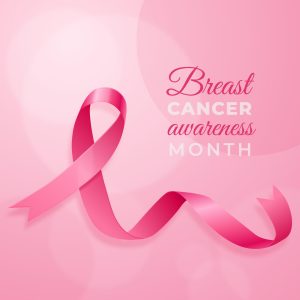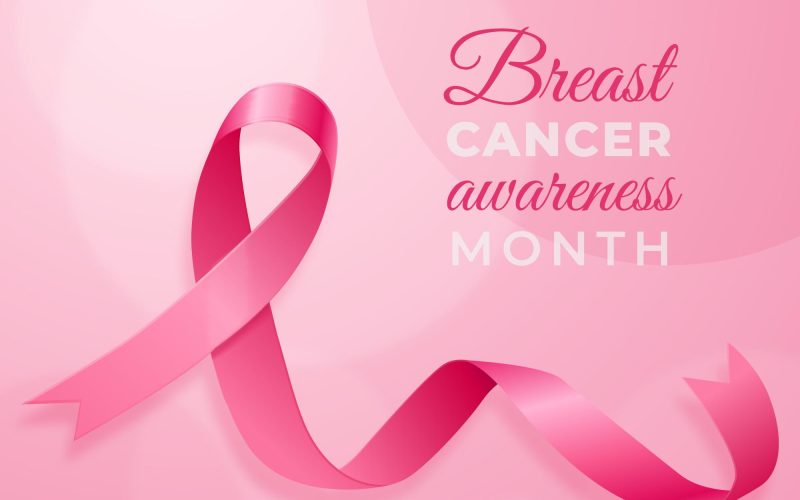Introduction to Breast Cancer
Breast cancer is a prevalent form of cancer that affects both women and, in rare cases, men. In this article, we will delve into the world of cancer, exploring its causes, common symptoms, available treatment options, and strategies for prevention and early detection. By gaining a deeper understanding of this disease, we can empower ourselves and promote breast health.
Causes and Risk Factors of Breast Cancer
Breast cancer is a complex disease influenced by various factors. While the exact causes are not fully understood, several risk factors have been identified. These include genetic mutations, family history, hormonal factors, lifestyle choices, and environmental exposures. Understanding these risk factors can help individuals assess their susceptibility to cancer and take necessary precautions.

Recognizing Symptoms and Signs of Breast Cancer
Recognizing the symptoms and signs of cancer is crucial for early detection and improved treatment outcomes. Common symptoms include the presence of a lump or thickening in the breast tissue, changes in breast size or shape, nipple changes, skin dimpling or redness, and nipple discharge. Regular breast self-exams, clinical breast exams, and mammograms are essential screening methods for detecting potential abnormalities.
It’s important to note that not all breast changes or lumps are cancerous. However, any unusual changes should be promptly evaluated by a healthcare professional to rule out the possibility of cancer.
Treatment Options and Support for Patients
Breast cancer treatment varies depending on the stage, type, and individual factors. Common treatment options include surgery, radiation therapy, chemotherapy, targeted therapy, and hormonal therapy. The choice of treatment is personalized and determined through a collaborative approach involving the patient, oncologist, and other healthcare providers.
In addition to medical interventions, emotional and psychological support play a vital role in the journey of breast cancer patients. Support groups, counseling services, and educational resources can provide valuable support to patients and their loved ones, helping them navigate through the challenges of diagnosis, treatment, and survivorship.
Conclusion
Breast cancer is a significant health concern affecting millions of individuals worldwide. By understanding the causes, recognizing the symptoms, and exploring the available treatment options, we can proactively take steps towards breast health and early detection. Regular breast self-exams, clinical screenings, and mammograms, along with a healthy lifestyle, contribute to promoting breast health and reducing the risk of breast cancer.












